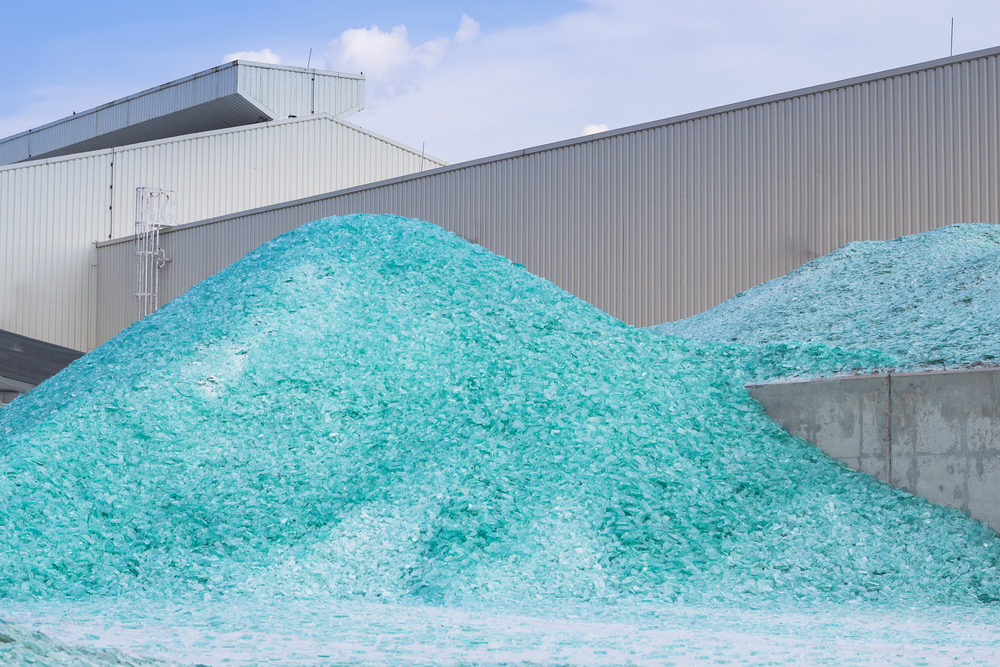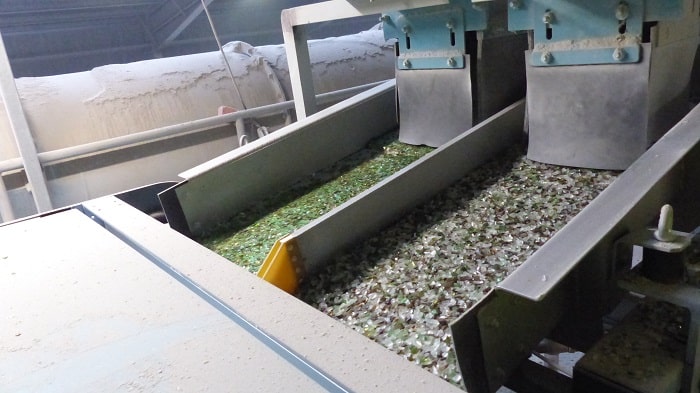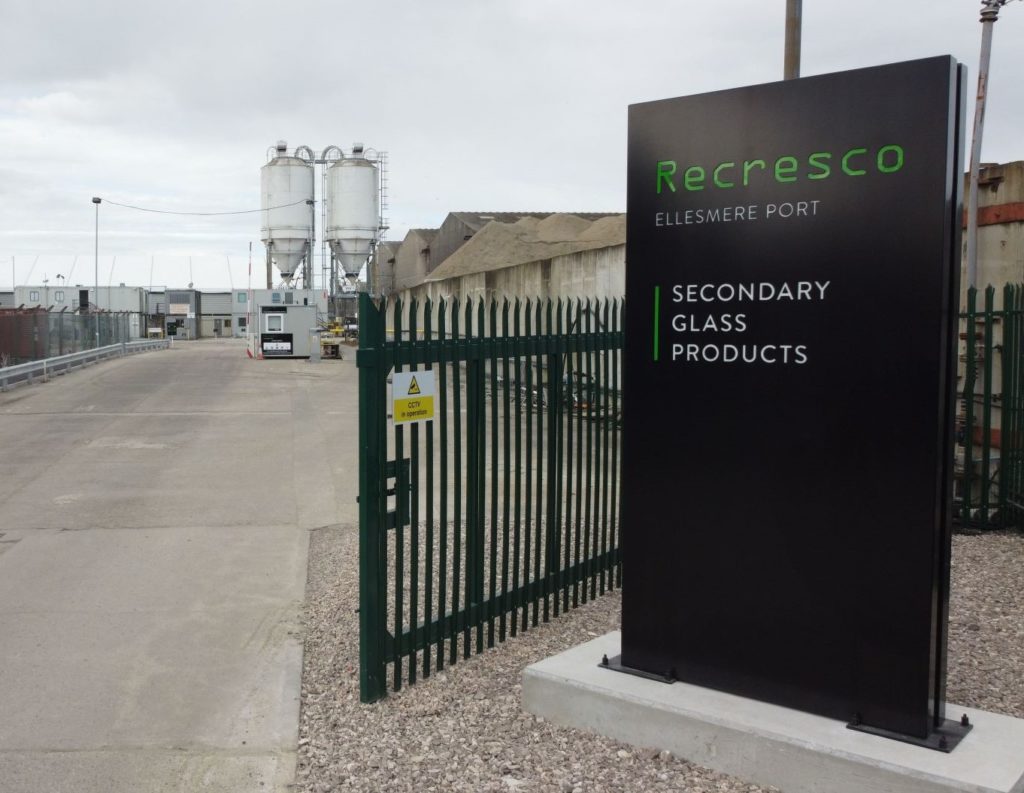Since 2016, WRAP has carried out surveys across 19 different recycling collection vehicles (RCVs) and collection systems. There was variation in the results, due to different RCVs, collection configurations and the amount of glass in each collection.

The surveys identified the potential for a “significant number” of vehicles and collection systems to breach legal exposure limits.
In some cases, this relied on the assumption of a high number of loads, but in a few cases even relatively low load numbers could be “problematic”, WRAP said.
At “relatively moderate” rates of collection, more than 50% were found to be likely to exceed the upper bound of legal exposure limits.
Carl Nichols, head of WRAP Cymru, said: “The work we’ve undertaken includes surveys across England and Wales, and will be important to local authorities across the UK as these show the spectrum of noise that workers may be exposed to during their working day, potentially at levels above those set in regulation.
“We advise all local authorities to take a careful look at the services they provide and ensure a working environment that minimises noise exposure to their workers.”
WRAP Cymru recommends that local authorities carry out tailored assessments to check the specific levels of noise to which their workers are exposed. Where necessary, further consideration should be taken to implement mitigation actions to minimise the risk of excessive work-related noise exposure.
Field surveys
WRAP published its report on noise from glass collections today (20 March), building on earlier research completed in 2012 (see letsrecycle.com story).
In 2016, the NGO extended its previous study to include new collection vehicles and variations to collection systems.
Noise exposure levels were determined for 19 recycling collection operations, utilising a range of vehicle types and collecting glass either sorted at the kerbside, partially commingled in two streams, or partially commingled in three streams.
The field surveys saw an acoustic consultant travel with and shadow collection crews during their normal workdays. Extensive measurements of noise levels close to an operative’s ears were made during different collection activities.
Exposure limit values
Even at ‘moderate’ rates of collection, WRAP’s results indicated the potential for just more than 30% of the surveyed vehicles and collections systems to exceed the ‘lower exposure action value’. This value is defined under the Control of Noise at Work Regulations as daily or weekly exposure to 80 decibels (dB) with a peak sound pressure level of 135 dB.
“We advise all local authorities to ensure a working environment that minimises noise exposure to their workers”
More than 50% of “relatively moderate” collections were found to be likely to exceed ‘upper exposure action values’. The regulations define this as daily or weekly exposure to 85 dB with a peak sound pressure level of 137 dB.
The Noise at Work Regulations 2005 require actions to be taken if these values are exceeded.
The results showed it was possible for noise to be limited to below lower exposure action values, but this was only the case for under 20% of the dataset.
No clear differentiation was revealed between kerbside sorted and the two or three stream partially co-mingled collection systems, though the design of the vehicle did play a part. A collection with an operative stationed on a roof-covered vehicle was identified as having the highest risk of excessive noise exposure.
Related links
Noise Exposure in Glass Recycling Collection – Further Measurements









Subscribe for free